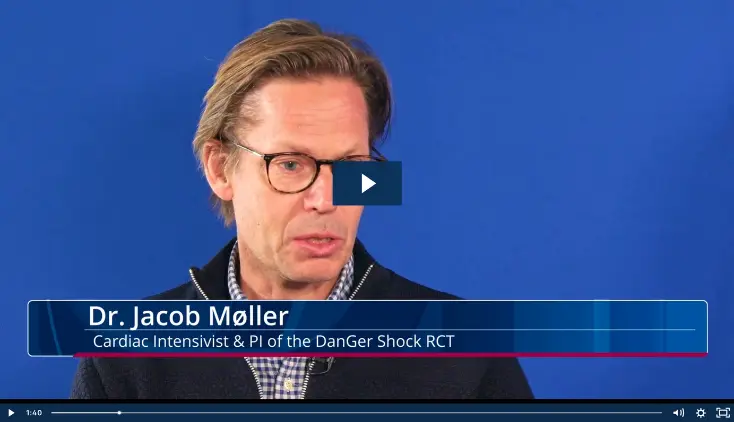Algorithms, Patient Management, AMI Cardiogenic Shock
Achieving >70% AMICS Survival: Insights From National Cardiogenic Shock Initiative Study
William O’Neill, MD, discusses insights from the National Cardiogenic Shock Initiative (NCSI) Study which is driving improvement in outcomes in patients with AMI cardiogenic shock (AMICS). Dr. O’Neill describes the algorithm and explains how cardiac power output (CPO) and pulmonary artery pulsatility index (PAPi) are used to drive care for patients after angioplasty. He then discusses the following key learnings from the NCSI Study:
- Identify and support cardiogenic shock early
- Aggressively down-titrate inotropes
- Identify inadequate LV support and escalate – “If CPO <0.8, you must escalate!”
- Identify RV dysfunction early and support
- Systematically use right heart catheter (RHC)/pulmonary artery catheter (PAC) to guide therapy
Dr. O’Neill is medical director of the Center for Structural Heart Disease, Henry Ford System, Detroit, Michigan.
IMP-1759


